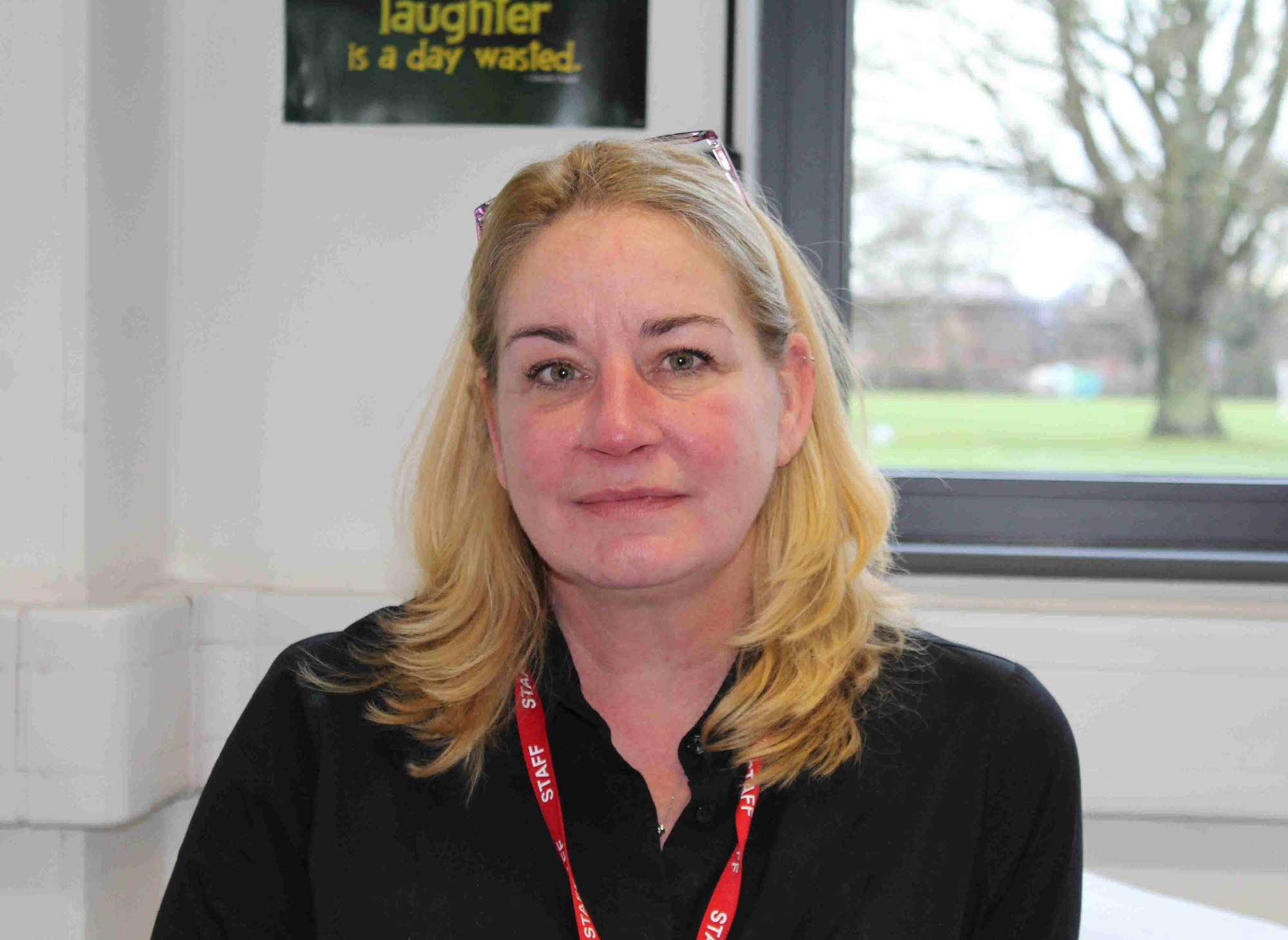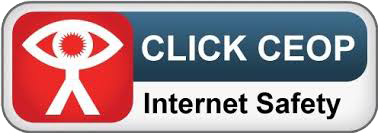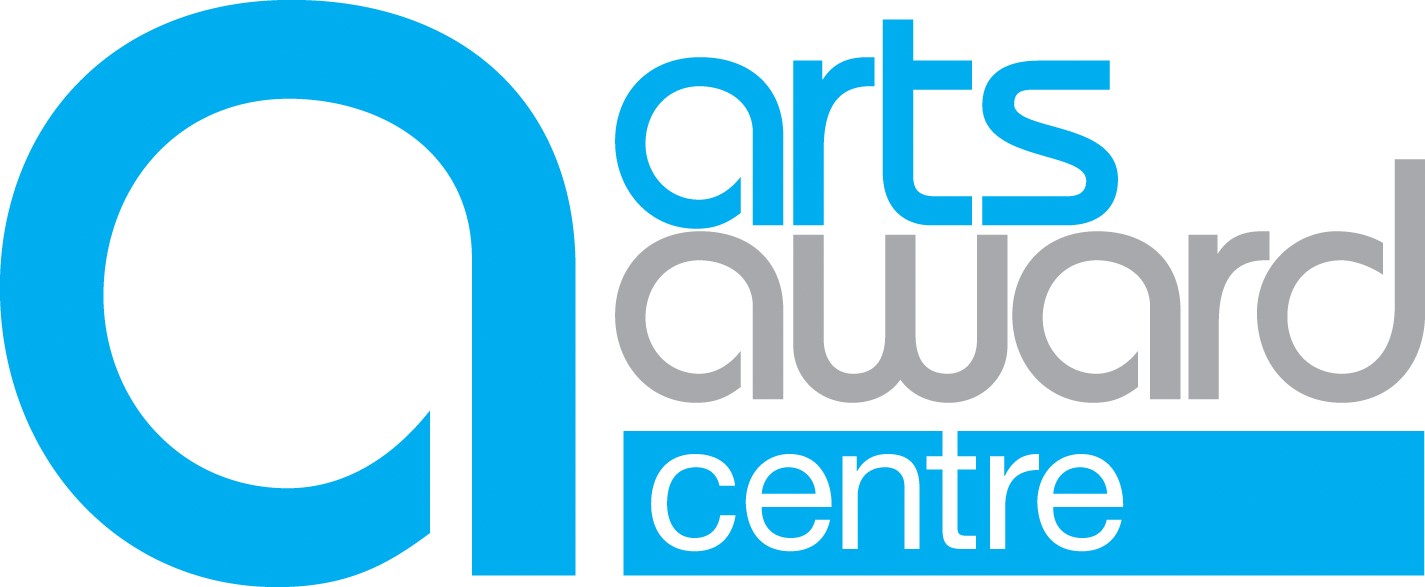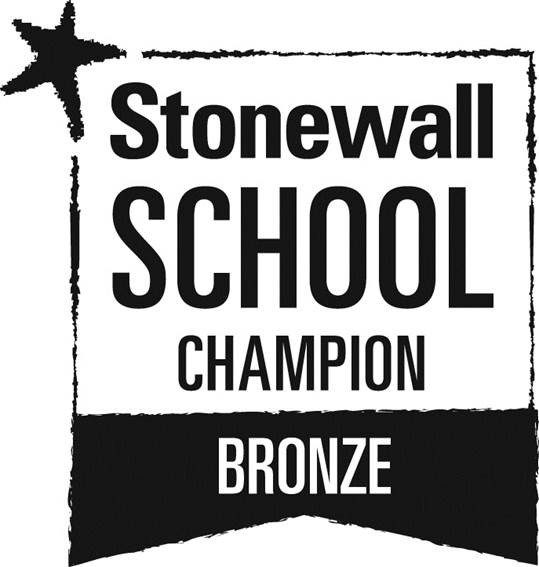Ifield Community College is a comprehensive school and our objective is to address the needs of all students with special educational needs and disabilities to help every child maximise their educational development, as set out in our curriculum policy statement. In this regard we will do our best to secure the necessary provision for any student who has Special Educational Needs, within the limitations of our resources. The SEND Policy is reviewed every year by the Governing Body.
SENCo, Miss A Jackson
Email: aja@ifieldcc.co.uk
The SENCo has a critical role to play in ensuring that we meet the individual needs of all students who require additional help.
The SENCO has an important role to play with the Principal and governing body in determining the strategic development of SEN policy.
The type of responsibilities a SENCo have are:
- Supporting the identification of children with special educational needs
- Co-ordinating provision for children with SEN
- Work with parents of children with SEN
- Work closely with other providers, outside agencies, educational psychologists and external agencies
- Ensuring that the school keeps the records of all pupils with SEN up to date
Working together is important for your child's success.
What is an Early Help Plan
The Early Help Plan (EHP) is the common process in West Sussex for supporting children, young people and families with additional needs through early identification, swift intervention and a planned, coordinated response. The aim is to consider the needs of the child or young person in four key areas:
- Health and Well-being
- Development needs, educational attainment and achievement
- Parenting/caring
- Family and Community
The intention is for all children and young people, irrespective of their circumstances, to have the best start in life, to grow up safe, stable and healthy, to fulfill their potential and make a contribution to their community.
Single Assessment
The Early Help Plan is the first part of the process that aims to empower children, young people and their families and provide a timely, seamless service. The Single Assessment supports families through from early help to escalating complex and urgent needs that require a statutory response from children’s social care (See West Sussex LSCB Multi – Agency Threshold Guidance).
How Does the Process Work?
The practitioner who identifies the needs gains consent from the young person, parent or carer to undertake an assessment, following which he or she coordinates an Early Help Plan and initiates, if appropriate, a Team Around the Child and Family (TAC/F) meeting.
The purpose of the TAC/F meeting is to bring together practitioners with the appropriate skills to meet the identified needs of the child and develop a support plan. The parents and practitioners concerned will agree the most appropriate person to undertake the Lead Professional role. Goals will be identified and regular reviews undertaken, with the focus on a child-centred approach, positive engagement with the family, increased community involvement and collaboration between agencies.
Early Help Record and Plan Documents
The Early Help Record and Plan have been updated from feedback received from practitioners to make it more user friendly.
The information the family provide will be passed on to the relevant professionals that can help. They will work together to provide the support the child/family needs. Only professionals who need to know about the family will share the child’s information and only when we have consent to do so. However, should a child or other person be considered to be at risk of significant harm then professionals have a duty of care to share the relevant information to the required services.
SEND Code of Practice: Special education needs and disability code of practice: 0 to 25 years.
Special educational needs and disabilities guide for parents and carers






